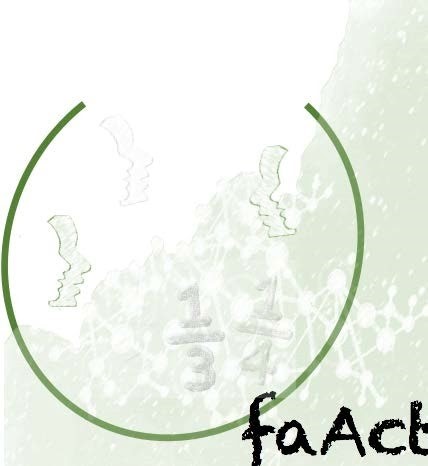Fraction Activities and Assessment for Conceptual Teaching (FACCT) increases access and advancement in fraction concepts for students with math difficulties and disabilities. Documented learning trajectories of the target population serve as the basis for the curriculum. Adaptive prompts and small group discourse support reflection, connection, and abstraction of concepts.

Students with disabilities often experience educational disparities caused by opportunity gaps rooted in instruction that works to remediate students as opposed to creating spaces for students to access their own ways of reasoning from which to build understanding. This project documented initial or informal understandings of students with learning disabilities within targeted mathematical areas (e.g., fractions, ratio, whole numbers) and provided new understandings of how growth occurs and could be nurtured through the learning process. This project also designed, developed, and tested a new math intervention program that educators can use to support students with math difficulty and disability to advance their fractional reasoning.
- A concurrent nested mixed methods design with one phase of data collection was used to detect performance differences before and after intervention and conceptual advance within intervention with 11 students. Analyses revealed 1-2 trajectory stage changes along our learning trajectory for all students. Statistically significant differences in score were also confirmed.
- Engagement was an area for continued innovation. We are addressing this by scaling FAACT with our ModelME project, which is being developed using the Universal Design for Learning (UDL) framework to maximize both accessibility and engagement by providing conceptual understanding challenges rooted in authentic STEM and ICT careers.
- STEMforALL 2019 Project Video
- Project Website
Our free curriculum will be posted here mid to late summer 2021. - CADRE Project Page
- Publication: Design, Development, and Initial Testing of Asset-Based Intervention Grounded in Trajectories of Student Fraction Learning
- Publications and Resources